Blog
All About Divided Co-Ownership
Find out about the rights, obligations, and responsibilities of the syndicate, the board of directors and the co-owners.

As each condominium applies its own regulations, do not hesitate to meet with the syndicate of your building to ask all your questions. Only they will be able to give you the right information.
In search of an urban lifestyle, many people opt to purchase a property held in divided co-ownership. However, this raises certain questions such as: How to settle a dispute with another co-owner? Who is actually responsible for a particular portion of the building: the owner or the syndicate? Does the board of directors have the right to incur an expense in a particular situation? A declaration of co-ownership sets out the scope of the rights and obligations of the syndicate, the board of directors, and the co-owners, and is registered in the Land Register.
What is divided co-ownership?
Divided co-ownership involves private portions which belong exclusively to the owners concerned, as well as common portions which are the property of all co-owners.
By signing the act of sale, the co-owners become owners of a private portion of the building for which they have exclusive use. The modifications that can be made include the interior layout, decoration and the choice of flooring, wall coverings and ceilings.
Common areas refer to the portions of the building for which the responsibility is shared by all the co-owners, such as the building structure, corridors, balconies, elevators, and parking.
The rights and obligations of the syndicate
The syndicate is a separate legal person set up to facilitate the administration of a property held in divided co-ownership. While the syndicate includes all co-owners, its management is ensured by a board of directors.
Documents upon request
The syndicate must ensure that each co-owner can obtain a copy of various documents such as the declaration of co-ownership, minutes of meetings of co-owners, financial statements and various applicable contracts.
Contingency fund
The main obligation of the syndicate concerns the maintenance of building and common portions, as well as the carrying out of the work necessary for its preservation. By law, each co-owner must pay at least 5% of their contributions into the contingency fund. This fund must always remain liquid and available.
Insurance
Insurance for divided co-ownership is the subject of Bill 141. Accordingly, the syndicate is required to take out third person liability insurance, as well as property insurance covering the common and private portions up to the replacement value of the building.
What is the role of the board of directors?
As agent of the syndicate, the board of directors is composed of the property’s co-owners. It carries out simple administrative tasks such as:
- business management
- policies
- rules
- finances
- maintenance and repairs
The board of directors draws up a budget that provides for recurring annual expenses and larger-scale work. It also convenes the meetings of co-owners.
The responsibilities of co-owners
Being a co-owner means more than just rights! Co-owners also have obligations to ensure the proper functioning of the property held in divided co-ownership.
Contingency fund
The main obligation of the owner is to pay contributions into the contingency fund. The Civil Code provides that the syndicate can register a legal hypothec against the fraction of a co-owner in default of payments for more than 30 days. In addition, the co-owners do not hold any property rights as regards the sums deposited in this fund. This means that any contributions paid into the fund are not refundable to an owner selling their unit. Conversely, the new owner benefits from the sums present.
Rentals
Co-owners wishing to rent their unit must notify the syndicate since it will be required to interact with the tenant in certain circumstances. In the event of a problem situation, the syndicate may ask the co-owner of the rented unit to terminate the lease.
Tribunal administratif du logement
Before getting involved in a project like this, check out the website of the Tribunal administratif du logement www.tal.gouv.qc.ca/en
Meeting of co-owners
Co-owners who are not members of the syndicate can participate in meetings of co-owners: this is the best way to express their opinion. For a meeting to take place, there must be quorum constituted by the majority of the votes of co-owners, i.e., fifty percent plus one vote. Decisions such as work to renovate or enlarge the common portions are made at these meetings.



